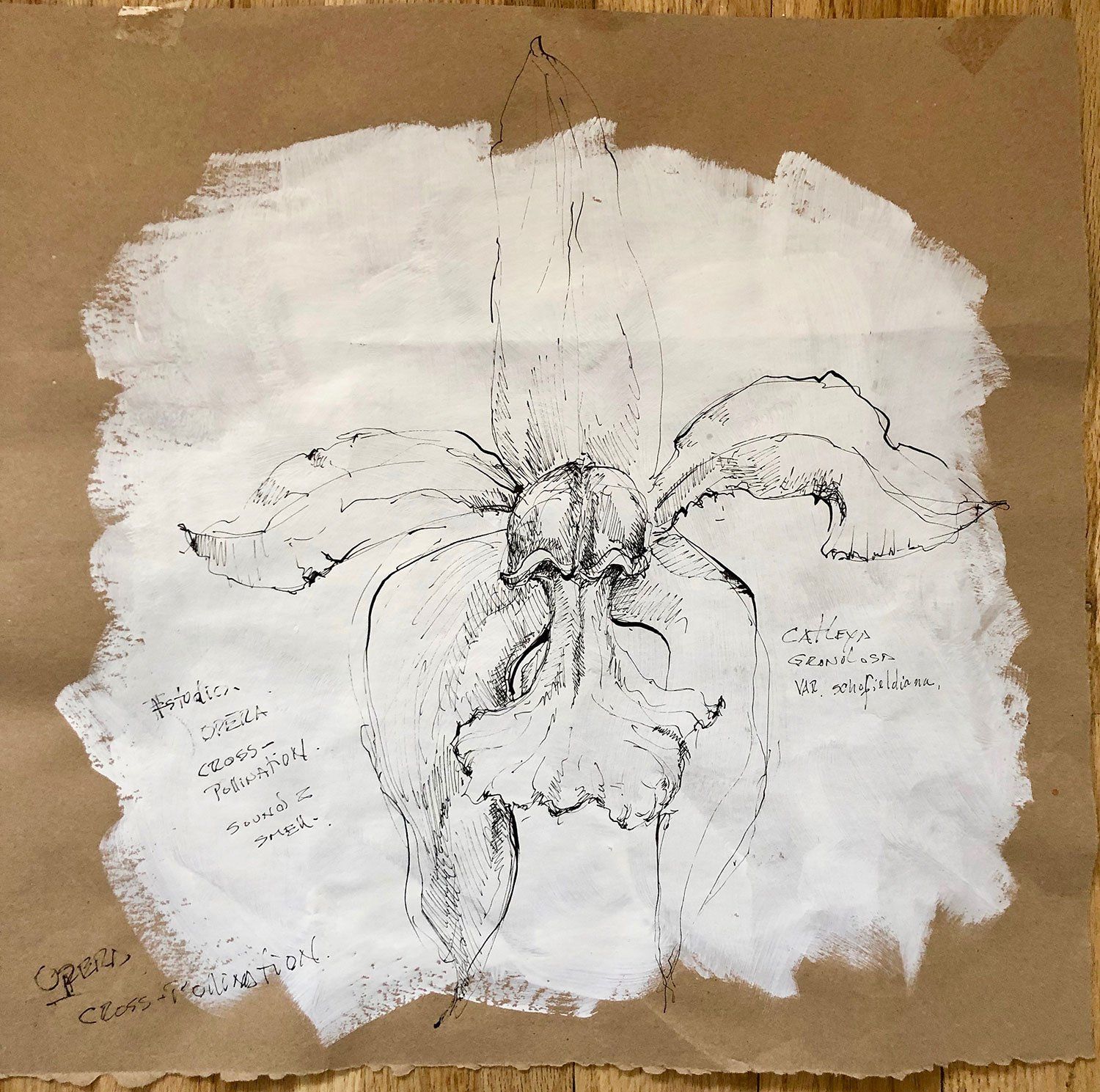The Opera of Cross-Pollination: RIGA BIENNIAL, Latvia
The Opera of Cross-Pollination:
presented at: Riga Biennial, Latvia (2018)
Curator: Katerina Gregos
Olfactory-acoustic sculpture and ambisonics composition 22.2
Oswaldo Maciá’s The Opera of Cross-pollination (2018), newly commissioned for the Riga Biennial, positions the audience in the vague frontier where knowledge ends and ignorance begins. According to Maciá, this is the place where the senses begin to speak. The immersive installation is an olfactory-acoustic sculpture that directly addresses this frontier, avoiding visual representation and inviting us into a dialogue between our senses. Volumes of sound collide in space, while aromas diffuse throughout the same space. Experiencing the interaction of these elements stimulates the emotional and memory centers of the brain — processes we do not yet fully understand, ideal for both scientific and artistic exploration.
Cross-pollination is as important for humans as it is for plants. Charles Darwin published the first major work on the cross-pollination of orchids in 1862 and his lifelong work in the field showed the intricacy of the systems and intelligence involved. Today, 25,000 orchid species are known to exist. No other plant family offers such a wide variety of shapes, colours and scents.
Wild orchids have developed a sophisticated olfactory language that even produces different smells during the day and the night, depending on the pollinators they wish to attract. The domesticated orchids sold in shops are odourless hybrids by comparison.
Two-thirds of all species on Earth are insects. Whereas orchids and insects flourish in their symbiosis, human adoration of the orchid has led us to cut the flowers of orchids, forgetting they are the sexual organs of the plant, and to pull the scent from their petals—the olfactory vehicle that encourages pollination. Just one kilo of jasmine perfume requires eight to ten million individual flowers. Meanwhile, we express our hatred of insects by fumigating them with chemicals. It is well documented that butterflies and bees have been disappearing in Europe and North America, but researchers are equally concerned about other insects, important both as pollinators and as elements in the food chain.
Echoing Rachel Carson’s 1962 book Silent Spring, Maciá affirms the importance of insects and their symbiosis with plants for human existence and for the environment generally. The Opera of Cross-pollination stages the drama though the phenomena of human sense perception. If the world follows its current trajectory, cross-pollination, in both intellectual and biological terms, may soon disappear, with catastrophic consequences.
Maciá, Oswaldo
The Opera of Cross-pollination
Presented at:
RIBOCA1
1st Riga International Biennial of Contemporary Art, Riga Latvia (2018)
Collaborator:
Smell component created with senior perfumer Ricardo Moya (IFF)









